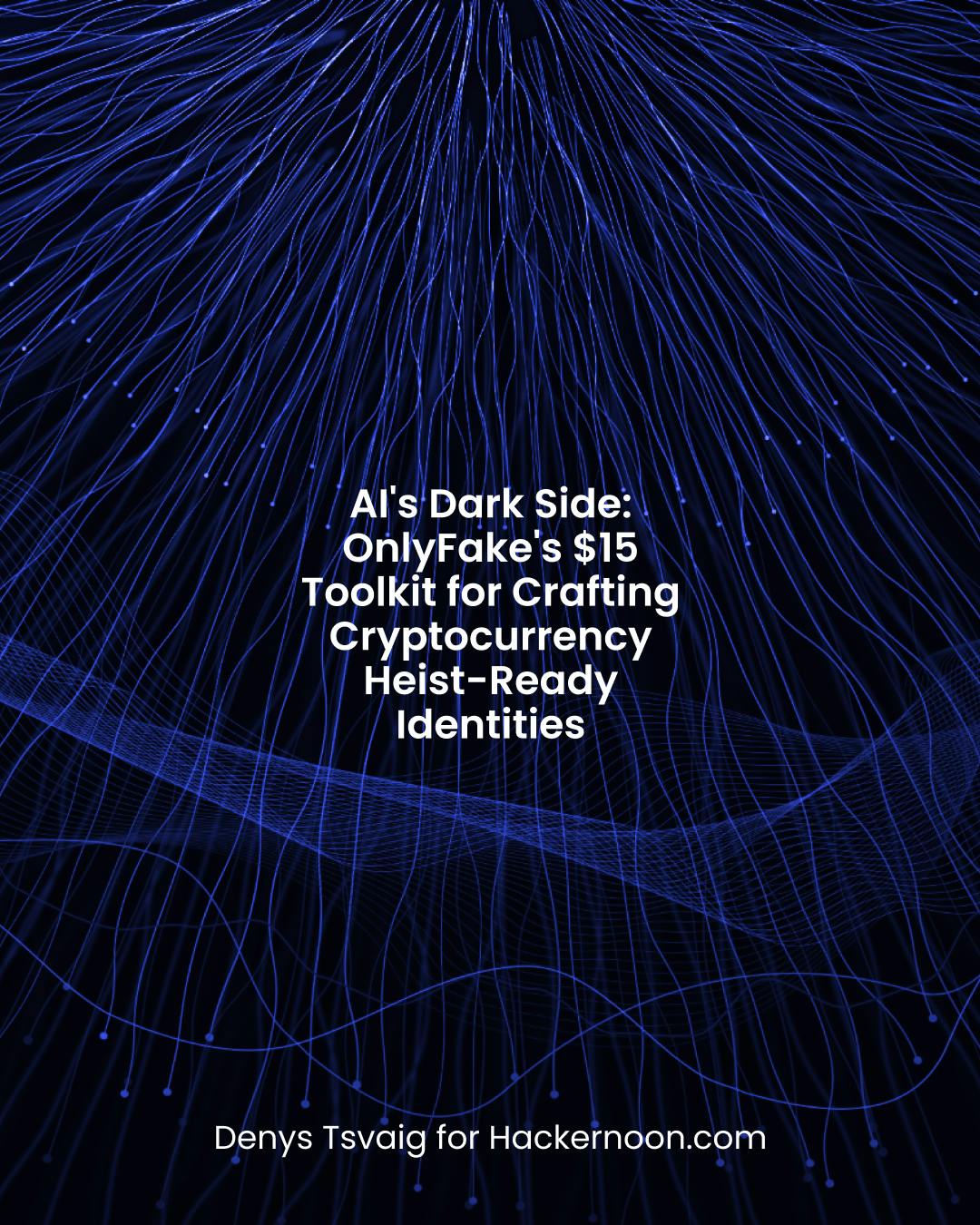1,943 reads
AI's Dark Side: OnlyFake's $15 Toolkit for Crafting Cryptocurrency Heist-Ready Identities
by
February 7th, 2024
Audio Presented by

CEO and Co-Founder of DeHealth. Cyber War Strategist, global health and blockchain expert.
About Author
CEO and Co-Founder of DeHealth. Cyber War Strategist, global health and blockchain expert.
